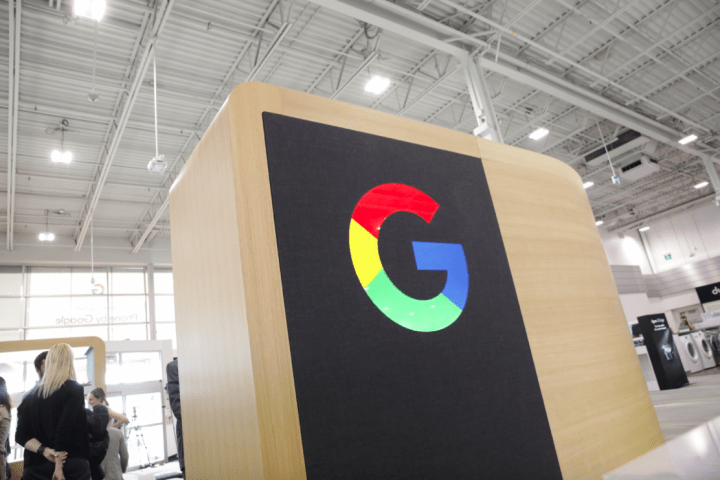
“Whether it’s hiking alone or walking down a street after dark — sometimes you want to know someone’s got your back,” Google wrote in a blog post announcement debuting the app. “To help you feel safe and give your friends and family peace of mind, today we’re launching Trusted Contacts. This new personal safety app lets you share your location with loved ones in everyday situations and when emergencies arise — even if your phone is offline or you can’t get to it.”

In addition to the iOS release, Google has made a handful of helpful additions to the service. Users are now given the option to control how quickly their location is shared, which is particularly important for those who need help but lose wireless service. New contacts can now be added by phone number, and a total of 25 languages are now supported, now including Amharic, Greek, Persian, Bahasa, Macedonian, Burmese, Nepali, Serbian and Urdu.
The update follows another safety-minded decision by Google to start delivering “SOS Alerts” at the top of Maps and search listings. These alerts are designed to deliver crucial information in the event of catastrophes like natural disasters and terrorist attacks.
In order to use the app, simply install it on your Android or iOS device (there is also a web interface on desktop), then assign “trusted” status to selected contacts. Those folks will be able to see if you have been moving around and whether your phone is online. If you feel unsafe, you can start sharing your specific location.
Alternatively, if you have been offline for a while or your activity seems otherwise suspicious, your contacts can request to see your location. Of course, you can decline this request, but should you be unable to get to your phone in a real emergency, your last-known location will be automatically shared.
While other apps, like Apple’s Find My Friends, have similar functionality, Trusted Contacts differs in that it doesn’t share your location automatically. While selected contacts can see a broad overview of your whereabouts and activity, you won’t have to worry about your privacy being invaded. “Of course, you can stop sharing your location or change your trusted contacts whenever you want,” Google noted.
Moving forward, Google says that the app could be made more robust to help in widespread emergencies, like earthquakes and other natural disasters. As Google product manager David Tattersall told Mashable, “It basically means then that as long as you’ve got your phone in your pocket, someone can always find you in case of an emergency. You’re always findable.”
Update: Added information regarding the app’s release for iOS.
Editors' Recommendations
- A new Google Pixel Tablet is coming, but it’s not what you think
- Google Messages vs. Samsung Messages: Which app should you use?
- If you have one of these apps on your Android phone, delete it immediately
- Google is paying a $700 million fine, and you’re getting some of it
- Google just redesigned one of its biggest apps, and it’s bad

